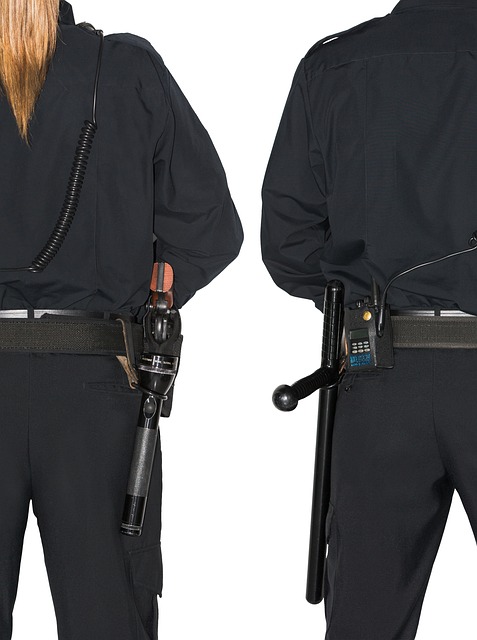Felons convicted of public corruption face severe legal repercussions but can explore post-conviction relief options to seek justice and reduced sentences. After a conviction, skilled white-collar attorneys help navigate complex procedures, identifying procedural errors or new evidence to overturn or mitigate sentences. This process is crucial for felons aiming for a fresh start and ensuring fairness in their cases.
In the intricate landscape of legal battles, public corruption charges present unique challenges. This article unravels the complexities surrounding these accusations, offering a comprehensive guide on post-conviction relief options for felons. We delve into definitions, legal implications, and a step-by-step process to navigate the system. Understanding specific avenues for relief is crucial, especially with varying eligibility criteria. Discover potential paths to regain freedom and explore strategies tailored for those seeking a fresh start after public corruption convictions.
- Understanding Public Corruption Charges: Definitions and Legal Implications
- Post-Conviction Relief Process: Steps and Eligibility Criteria
- Exploring Specific Options for Felons Seeking Relief from Public Corruption Convictions
Understanding Public Corruption Charges: Definitions and Legal Implications

Public corruption charges refer to allegations of illicit behavior by public officials, including government employees, politicians, and law enforcement officers. This involves misusing one’s position for personal gain, such as accepting bribes, extorting funds, or engaging in fraud. Understanding these charges is crucial, especially when considering post-conviction relief options for felons. Legal implications can be severe, leading to imprisonment, fines, and permanent damage to one’s reputation.
In terms of legal proceedings, public corruption cases often involve complex investigations and rigorous advocacy. Defendants facing such charges typically benefit from the services of experienced white collar defense attorneys who specialize in navigating the intricacies of these cases. Across the country, jury trials play a pivotal role in determining guilt or innocence, as they ensure a fair and impartial decision-making process. Understanding the legal landscape is key for individuals facing public corruption charges to explore potential post-conviction relief options, such as appeals or clemency requests, aiming for justice and, where applicable, reduced sentences.
Post-Conviction Relief Process: Steps and Eligibility Criteria

After a conviction for public corruption charges, individuals often seek post-conviction relief options available to felons. This process involves several steps designed to review and potentially reverse or modify a previous criminal judgment. The first step typically entails filing a motion with the court that handled the original case, outlining the reasons for relief, such as new evidence, legal errors, or ineffective assistance of counsel. If the motion is denied, an appeal to a higher court may be warranted.
Eligibility criteria vary but generally include demonstrating that the conviction was unjust or that new circumstances have emerged since the initial trial. For those involved in white-collar crimes, achieving post-conviction relief can be complex due to the intricate nature of financial and legal transactions. However, with an unprecedented track record of success, skilled attorneys specializing in these cases can navigate the process effectively, advocating for their clients’ philanthropic and political communities’ interests while ensuring a fair outcome.
Exploring Specific Options for Felons Seeking Relief from Public Corruption Convictions

For individuals convicted of public corruption, exploring post-conviction relief options can be a complex yet crucial step towards securing a fresh start. Felons facing such charges often navigate high-stakes cases that require meticulous attention to detail throughout all stages of the investigative and enforcement process. While the road to relief is challenging, there are specific avenues for those seeking to overturn or mitigate their convictions.
One key strategy involves examining procedural errors that may have occurred during the initial proceedings. Achieving extraordinary results in these cases often hinges on demonstrating that constitutional rights were violated or that evidence was mishandled. Legal experts can help navigate these intricacies, providing a chance for felons to gain a new perspective on their conviction and potentially achieve a more just outcome.
Public corruption is a serious issue, but it’s not impossible to seek justice and relief. Understanding the legal process, specifically post-conviction relief options for felons, can provide a way forward. By navigating the steps and criteria outlined in this article, individuals with public corruption convictions can explore avenues to clear their names and reclaim their lives. It’s crucial to remember that each case is unique, so seeking professional legal advice is essential for determining the most suitable Post-Conviction Relief Options for Felons.






